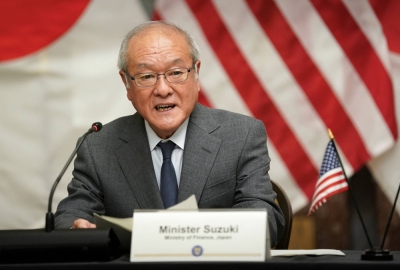Meta
David Hirst
For David Hirst's latest contributions to The Japan Times, see below:
Oct 2, 2003
Aug 14, 2003
Jun 19, 2003
May 17, 2003
Apr 10, 2003
Sep 12, 2002
Apr 28, 2002
Mar 27, 2002
Mar 13, 2002
Feb 23, 2002
Jan 27, 2002
Jan 10, 2002
Dec 13, 2001
Dec 6, 2001
Nov 8, 2001
Aug 23, 2001
Aug 23, 2001












